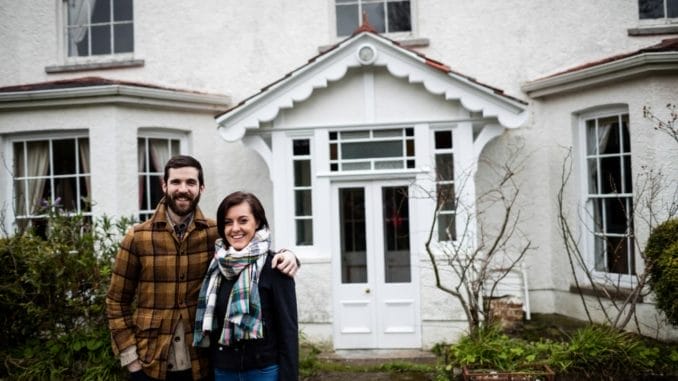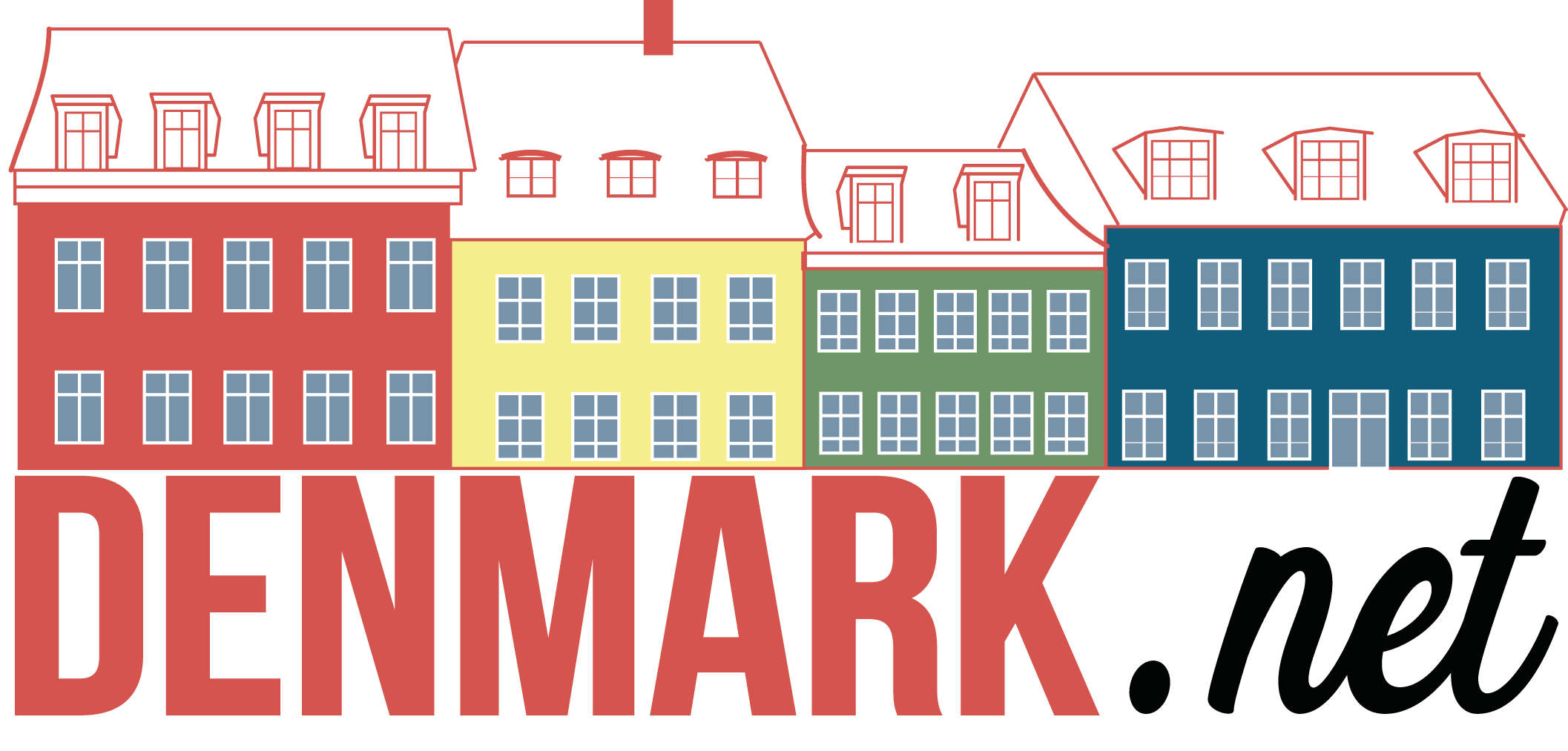
Denmark has long been at the forefront of sustainable energy solutions, setting a global standard in renewable practices. With innovations dating back to the 1970s, the country has become a beacon for energy self-sufficiency. As environmental concerns grow, understanding Denmark's achievements in sustainability becomes more crucial than ever, especially in the hotel and accommodation industry.
Contents
Denmark's commitment to sustainability has established it as a leader in renewable energy, making significant strides in reducing carbon emissions and promoting energy efficiency. The hotel and accommodation sectors are increasingly adopting these practices to enhance sustainability. By studying Denmark's journey, hotels can gain valuable insights into creating sustainable environments that prioritize renewable resources. Home exchange platforms have also grown in popularity in the country allowing for the creation of eco-conscious communities where individuals can experience firsthand how sustainable practices are integrated into daily living.
Read on to learn more about Denmark's energy plans in the rentals, hotel and hospitality industries.
The Role Of Home Exchanges In Sustainable Tourism
Home exchange platforms have emerged as innovative solutions that facilitate sustainable living while reducing travel-related carbon footprints. By participating in home exchanges, travellers engage in eco-friendly tourism by utilizing existing resources rather than contributing to new construction or excessive consumption of goods. Moreover, these platforms foster cultural exchange and community building among like-minded individuals committed to environmental stewardship.
One platform that exemplifies this concept is hjembytte.dk, which connects environmentally conscious travellers seeking meaningful experiences without compromising on sustainability principles. By leveraging such services, platform users can support local economies by promoting authentic cultural experiences without leaving a heavy ecological footprint.
Denmark's Renewable Energy Journey And Its Impact On Hotels
Since the 1970s, Denmark has embarked on an ambitious journey to embrace renewable energy sources. This transformation began with the oil crisis, which prompted the nation to explore alternative energy options. Over the decades, Denmark has achieved remarkable milestones, such as becoming a global leader in wind power technology and significantly reducing its carbon footprint. The country's commitment to integrating green technologies into everyday life serves as an inspiring model for the hotel industry.
Throughout this journey, Denmark has prioritized innovation and investment in clean energy infrastructure. Hotels can adopt similar strategies by integrating solar panels and wind turbines into their operations.
Hotels across Denmark have successfully implemented innovative energy management systems that showcase the country's renewable expertise. These establishments utilize smart grid technology to optimize energy consumption during peak and off-peak hours, while also incorporating waste heat recovery systems that channel excess energy from cooling systems into heating water for guest rooms and facilities. This integrated approach has resulted in energy savings of up to 40% for many properties, demonstrating the tangible benefits of adopting Danish energy solutions.
Case Study: Sustainable Hotels On Energy-Sufficient Islands
A remarkable example of Denmark's dedication to sustainability is a small island that produces more energy than it consumes. Hotels on this island utilize renewable technologies such as wind turbines and solar panels, combined with community-driven conservation efforts. These strategies not only provide clean energy but also contribute to local economic growth and resilience against external energy market fluctuations.
The island serves as a real-world laboratory where innovative solutions are tested and refined before being scaled up to larger communities. Other communities, apartment owners and hotel chains can learn from these practices to achieve net-positive energy status, demonstrating that sustainability is feasible with coordinated efforts and public support.
Practical Applications For Sustainable Hotels
The lessons learned from Denmark's sustainable practices can be applied globally to promote greener hotel and living standards. Simple steps such as installing solar panels or investing in smart technologies can make a significant difference in reducing energy consumption. Furthermore, initiatives like local recycling programs or eco-friendly transportation options can amplify efforts toward a sustainable future.
Incorporating these changes does not require drastic alterations; instead, they can be seamlessly integrated into existing hotel operations and home exchanges. For instance, using programmable thermostats or LED lighting are cost-effective measures that yield immediate benefits in terms of both savings and environmental impact. These practical applications empower hotels to actively participate in the global movement toward sustainability.
Final Thoughts On Embracing A Sustainable Future In Hospitality
The importance of renewable energy and sustainable practices in the hotel industry and on home exchange platforms cannot be overstated as we confront the challenges posed by climate change and dwindling natural resources. By looking towards examples like Denmark’s pioneering efforts, hotels and other industries find inspiration and practical guidance on how to make impactful changes. Whether through individual actions or collective industry endeavours, embracing sustainability is a critical step towards ensuring a healthy planet for future generations.
Consider how renewable energy solutions can be incorporated into your home and business, and join the growing movement dedicated to preserving our environment through responsible and renewable practices.


Be the first to comment